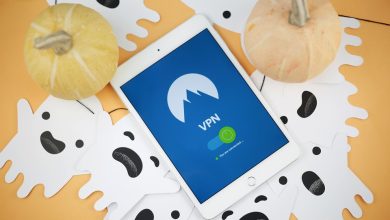
In today’s digital age, protecting your data has never been more important. With the growing number of cyber threats and hackers targeting individuals and businesses, it is essential to take proactive steps to prevent hacking and cybersecurity breaches.
Here are some tips to help you protect your data and minimize the risk of falling victim to cyber attacks:
1. Use strong, unique passwords: One of the simplest ways to protect your data is by using strong, unique passwords for all of your online accounts. Avoid using easily guessable passwords like “123456” or “password,” and instead opt for a combination of letters, numbers, and special characters.
2. Enable two-factor authentication: Two-factor authentication adds an extra layer of security to your accounts by requiring a second form of verification, such as a code sent to your phone or email. This can help prevent unauthorized access to your accounts even if your password is compromised.
3. Keep your software up to date: Hackers often target outdated software with known vulnerabilities, so it is crucial to keep your operating system, antivirus software, and other applications up to date. Enable automatic updates whenever possible to ensure you are protected against the latest threats.
4. Be cautious of phishing scams: Phishing scams are a common tactic used by hackers to trick individuals into revealing sensitive information, such as login credentials or financial details. Be wary of emails, messages, or phone calls that ask for personal information or prompt you to click on suspicious links.
5. Secure your Wi-Fi network: Make sure your home or business Wi-Fi network is secure by using a strong password and encryption. Avoid using default passwords or leaving your network open to unauthorized users, as this can make it easier for hackers to access your data.
6. Backup your data regularly: In the event of a cyber attack or data breach, having a backup of your important files can help you recover quickly and minimize the impact of the incident. Regularly backup your data to an external hard drive, cloud storage service, or another secure location.
7. Educate yourself and your employees: Cybersecurity is a shared responsibility, so it is important to educate yourself and your employees about the risks of cyber threats and how to prevent them. Provide training on best practices for data protection, such as avoiding suspicious links, using secure passwords, and reporting any unusual activity.
By following these tips and staying vigilant, you can protect your data from hacking and cybersecurity breaches. Remember that prevention is key, and taking proactive measures to secure your information can help safeguard your personal and business data from falling into the wrong hands.






